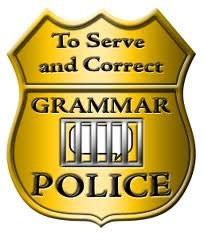GregLee
Thinks s/he gets paid by the post
This is from the thread on This COLA has no Fizz
It's not a false premise, because it is not a premise.False premise. COLA is never meant to jump-start the economy.
Last edited by a moderator:

